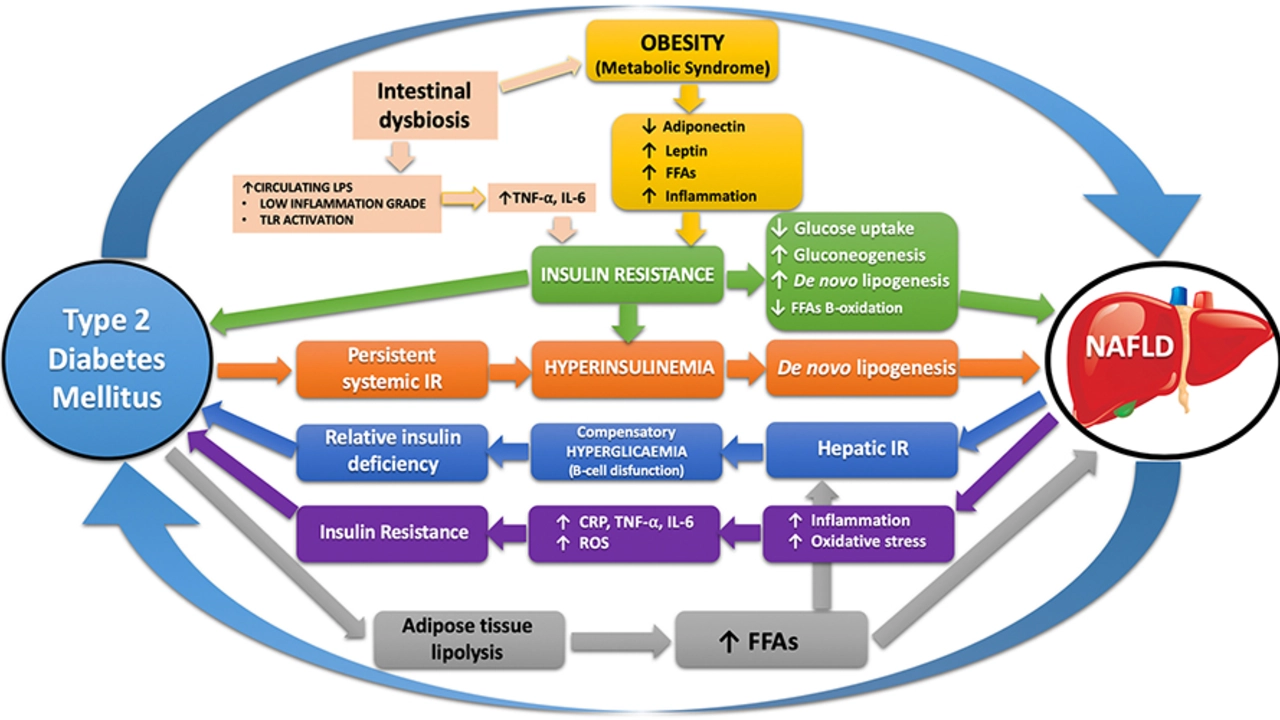Thyroid disorders: signs, tests, and treatment tips
Thyroid problems are common and easy to miss. The thyroid controls metabolism, energy, and body temperature, so when it’s off you’ll notice things like fatigue, weight change, mood shifts, or feeling too hot or too cold. Spotting the difference between hypothyroid (slow thyroid) and hyperthyroid (overactive thyroid) helps get you the right care fast.
Common symptoms and what they mean
Hypothyroidism tends to slow you down: tiredness, cold intolerance, dry skin, constipation, and weight gain. If you see those, ask your doctor for a TSH and free T4 test. Hyperthyroidism shows the opposite: fast heartbeat, weight loss, jitteriness, heat intolerance, and more frequent bowel movements. Both types can affect mood, sleep, and fertility, so don’t ignore changes.
Autoimmune causes are frequent. Hashimoto’s disease usually causes hypothyroidism; Graves’ disease often causes hyperthyroidism. Your doctor may test thyroid antibodies to confirm an autoimmune cause. Imaging or a radioactive uptake scan can help in trickier cases.
Treatment basics and daily tips
Most hypothyroid patients do well on levothyroxine (Synthroid is a brand name). It replaces the missing hormone and needs regular blood tests to find the right dose. Take it on an empty stomach, 30–60 minutes before breakfast, and keep it away from calcium, iron, and some supplements that cut absorption. If you need to switch brands or refill for 90 days, check the price options — mail-order pharmacies sometimes save money, but compare delivery time and reliability.
Hyperthyroidism has different fixes: antithyroid pills, radioactive iodine, or sometimes surgery. The right choice depends on age, severity, and personal plans like pregnancy. Treatment requires careful follow-up because both undertreatment and overtreatment cause problems.
Medications can interact with many drugs and supplements. Always tell your provider about everything you take. If you buy meds online, use reputable pharmacies and look for clear contact info and verified reviews. Our articles on safe online pharmacies and prescription shopping can help you choose.
Pregnancy changes thyroid needs — untreated hypothyroidism raises risks for both mother and baby. If you’re pregnant or trying, tell your doctor early so they can check levels and adjust doses quickly.
Lifestyle doesn’t replace medicine, but it helps. Aim for a balanced diet, regular exercise, and manage stress. Avoid high-dose iodine supplements unless a clinician recommends them; too much iodine can worsen thyroid disease.
If you notice persistent fatigue, unexplained weight change, palpitations, or new mood shifts, get tested. Thyroid problems are treatable, and with the right tests and steady follow-up you can feel normal again. Explore our guides on Synthroid costs, drug interactions, and safe online pharmacies for practical next steps and tools to manage treatment and bills.

The Connection Between Diabetes Type 2 and Thyroid Disorders: What You Need to Know
As someone who's been researching health topics, I've come across some interesting findings about the connection between type 2 diabetes and thyroid disorders. It's important to know that these two conditions are closely linked, as they both involve hormones and can impact our body's metabolism. Research has shown that people with diabetes are more likely to develop thyroid issues, and vice versa. This is crucial as having both conditions can make it harder to manage blood sugar levels and maintain a healthy weight. So, it's essential for us to be aware of this connection and make sure we're taking proper care of ourselves to minimize risks.
read more
